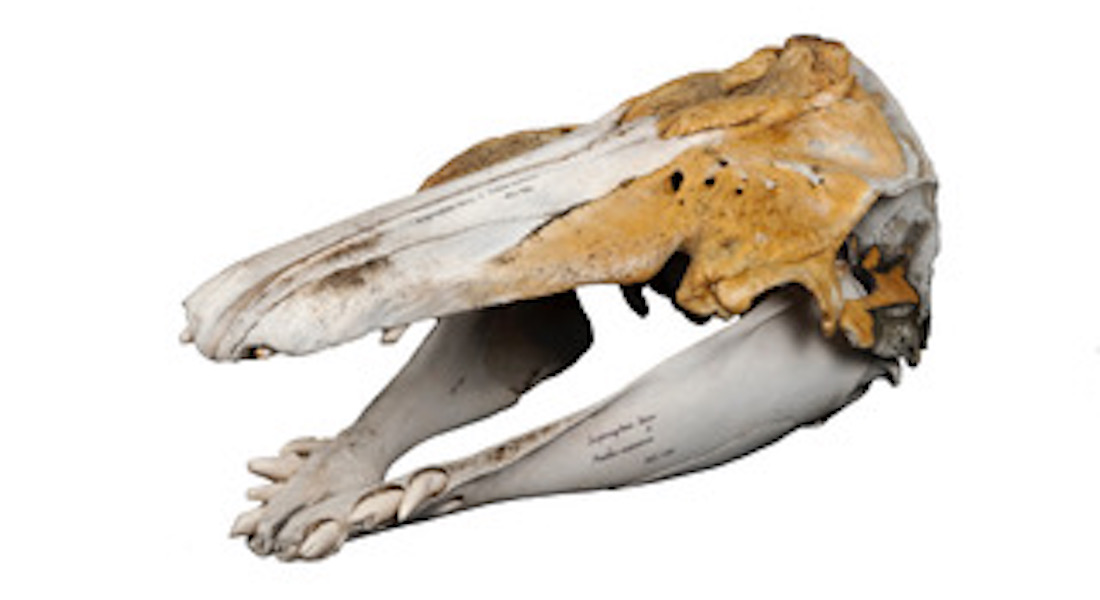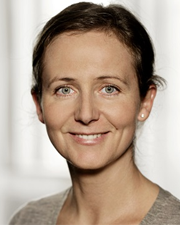Molecular Ecology and Global Climate Change in the Lorenzen Group
The Lorenzen Group investigates the response of mammal species and communities to past climatic events. The insights further our understanding of the resilience of these species – and of the ecosystems in which they are embedded and interact – to near-future projections of global climate change.

We work across several disciplines in evolutionary ecology: population genomics, ancient DNA, molecular ecology.
We apply cutting-edge laboratory and computational methodologies to investigate the evolutionary ecology of megafauna (large mammal) populations in the wild. By combining DNA, stable isotopes, and ecological modeling, we investigate past and present populations of megafauna species, in both marine and terrestrial ecosystems. We integrate our findings with insights from other research fields, including the palaeosciences and climate change research, to understand species, community, and ecosystem dynamics across time and space.
The interdisciplinary nature of our research means that our work is highly collaborative, involving colleagues from academic institutions around the world, and public partner institutions also.
Skovrind M, Louis M, Ferguson S, Glazov DM, Litovka DI, Loseto L, Meschersky IG , Miller M, Postma L, Rozhnov VV, Scott M, Westbury MV, Szpak P, Friesen TM, Lorenzen ED (2024) Elucidating 700 years of sustainable Inuvialuit beluga whale hunting in the Mackenzie River Delta, Northwest Territories, Canada. PNAS, 121 (34) e2405993121 DOI: 10.1073/pnas.2405993121
Fordham DA, Brown SC, Canteri E, Austin JJ, Lomolino M, Haythorne S, Armstrong E, Bocherens H, Manica A, Rey-Iglesia A, Rahbek C, Nogues-Bravo D, Lorenzen ED (2024) 52,000 years of woolly rhinoceros population dynamics reveal extinction mechanisms. PNAS, 121 (24) e2316419121 DOI: 10.1073/pnas.2316419121
Westbury MV, Brown SC, Lorenzen J, O’Neill S, Scott MB, McCuaig J, Cheung C, Armstrong E, Valdes PJ, Castruita JAS, Cabrera AA, Blom SK, Dietz R, Sonne C, Louis M, Galatius A, Fordham DA, Ribeiro S, Szpak P, Lorenzen ED (2023) Impact of Holocene environmental change on the evolutionary ecology of an Arctic top predator. Science Advances 9, eadf3326. DOI: 10.1126/sciadv.adf332
Westbury MV, Lorenzen ED (2022) Iteratively mapping ancient DNA to reconstruct highly divergent mitochondrial genomes: An evaluation of software, parameters and bait reference. Methods in Ecology and Evolution, 13, 2419–2428. DOI: 10.1111/2041-210X.13990
Cabrera AA, Rey-Iglesia A, Louis M, Skovrind M, Westbury MV, Lorenzen ED (2022) How low can you go? Introducing SeXY: Sex identification from low-quantity sequencing data despite lacking assembled sex chromosomes. Ecology and Evolution, 12:e9185. DOI: 10.1002/ece3.9185
Louis M, Skovrind M, Samaniego Castruita JA, Garilao C, Kaschner K, Gopalakrishnan S, Haile JS, Lydersen C, Kovacs KM, Garde E, Heide-Jørgensen MP, Postma L, Ferguson S, Willerslev E, Lorenzen ED (2020) Influence of past climatic change on phylogeography and demographic history of narwhals. Proceedings of the Royal Society Biology, 287: 20192964.
Skovrind M, Samaniego Castruita JA, Haile J, Treadaway EC, Gopalakrishnan S, Westbury MV, Heide-Jørgensen MP, Szpak P, Lorenzen ED (2019) Hybridization between two high Arctic cetaceans confirmed by genomic analysis. Scientific Reports, 9, 7729.
Westbury MV, Petersen B, Garde E, Heide-Jørgensen MP, Lorenzen ED (2019) Narwhal genome reveals long-term low genetic diversity despite current large census population size. iScience, 15, 592–599.
- Carlsberg Foundation Semper Ardens : Accomplish (2024-2028)
- Danish Council for Independent Research, EliteForsk Prize 2023 (2023-2025)
- Villum Foundation Young Investigator Programme (YIP+) (2021-2025)
Group members
| Name | Title | Phone | |
|---|---|---|---|
| Deon de Jager | Researcher | +4535321404 | |
| Eline Lorenzen | Professor | ||
| Marie Georgette Yolande J Louis | Guest Researcher | +4535332019 | |
| Wenxi Li | PhD Fellow |
| Nick Freymueller | PhD student |
Alumni
| Name | Title |
| Alba Rey-Iglesia | Former postdoc, 2019-2023 |
| Mikkel Skovrind |
Former PhD student, 2016-2019 and former postdoc 2019-2023 |
| Stuart Brown | Former postdoc, 2021-2023 |
| Binia Westbury | Former postdoc, 2021-2022 |
| Jose Samaniego | Former postdoc, 2016–2019 |
| James Haile | Former assistant professor, 2017–2018 |

